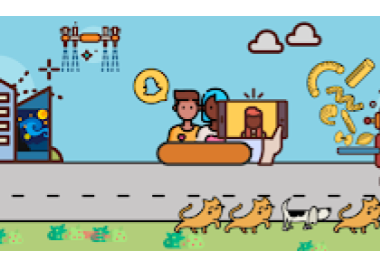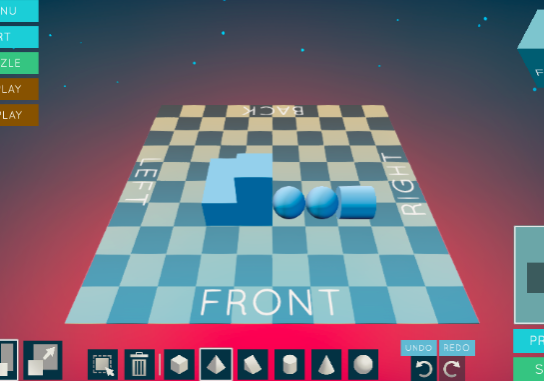Everyday AI for Youth (EdAI) is a research and design project examining the impact of a professional development model for educators learning to teach their middle school students about artificial intelligence (AI). The EdAI project is a collaboration between MIT, Boston College, and partnering school districts and out-of-school time (OST) program providers. It is a three-year project involving roughly 30 middle school teachers and over 900 middle school students, who engage with AI concepts and tools. Central to the intervention is the Developing AI Literacy (DAILy) curriculum consisting of a series of existing AI and “Ethics and AI” activities. EdAI gives middle school teachers the training, content knowledge, and pedagogy to engage middle school students in AI, and prepare them for computationally-intensive industries of the future, particularly those that incorporate AI technologies.
All Projects
STEP and TEA explore the playful side of the learning process. Our research-driven design results in games, tools, and curricula that support playful, exploratory learning. This includes active and archived projects.

Tragedy of the Commons (PSim)
Tragedy of the Commons (ToC) is a Psim game about economics and population biology.
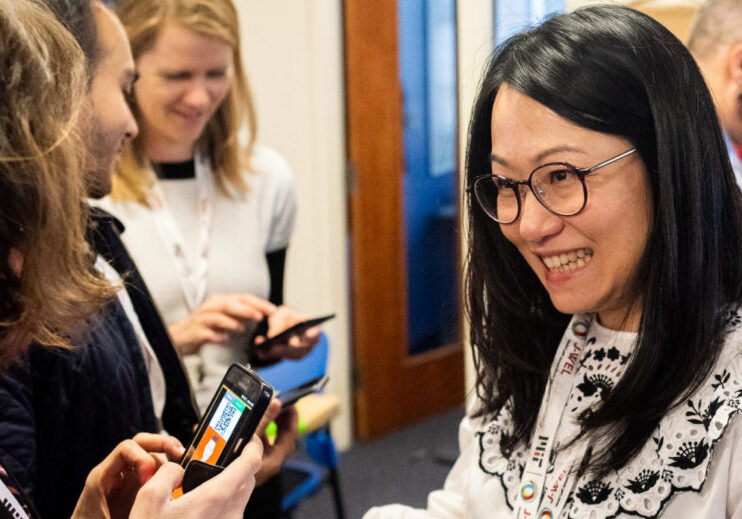
Virus Game (PSim)
Players draw on each other’s observations to develop a hypothesis and agree on an experiment to conduct.
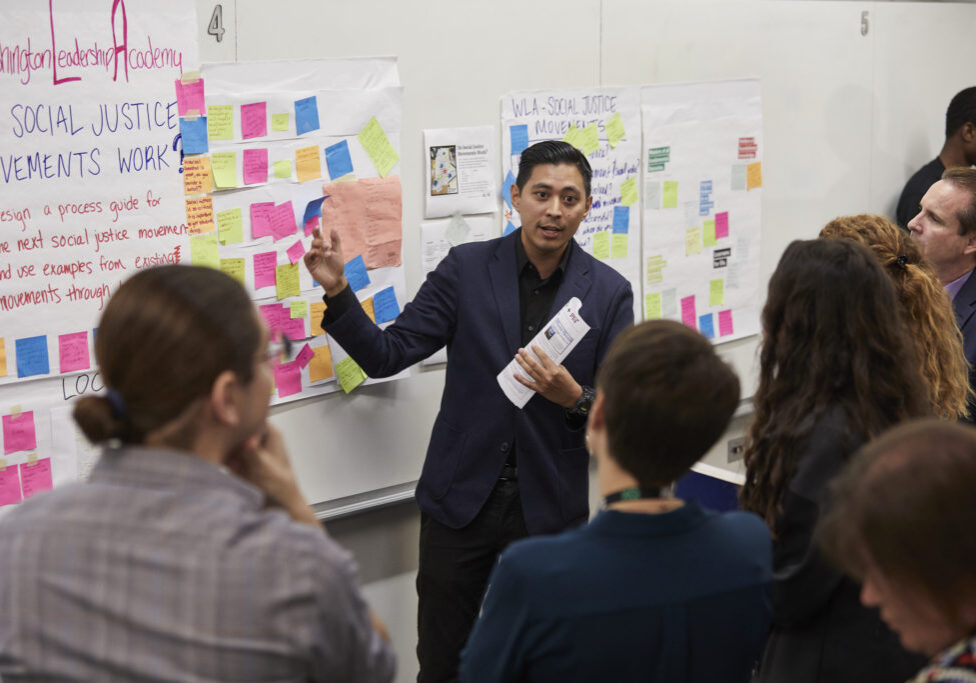
Project-Based Learning Networks
Teacher professional development centered on Project-Based Learning and designing lessons that are student-centered and inquiry-driven

StarLogo Nova
StarLogo Nova is a programming environment that lets students and teachers create 3D games and simulations for understanding complex systems.
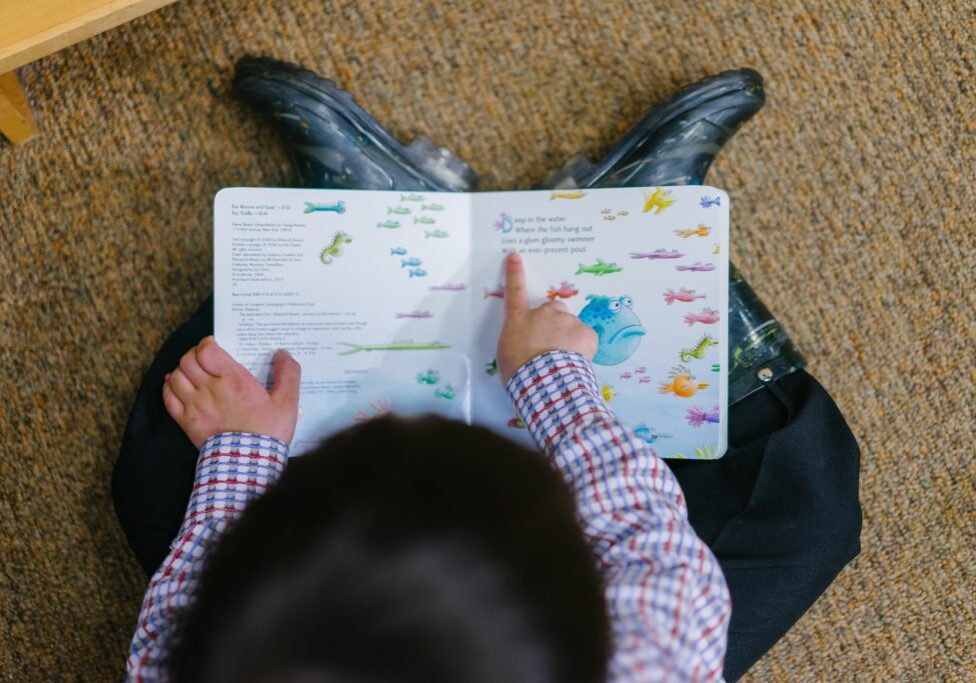
Reach Every Reader
Reach Every Reader is a collaboration across Harvard, MIT, and the Florida Center for Reading Research, supported by the Chan Zuckerberg Initiative. The goal of the larger project is to bring together a number of strands to create a support system that enables every child to become a strong, confident reader.
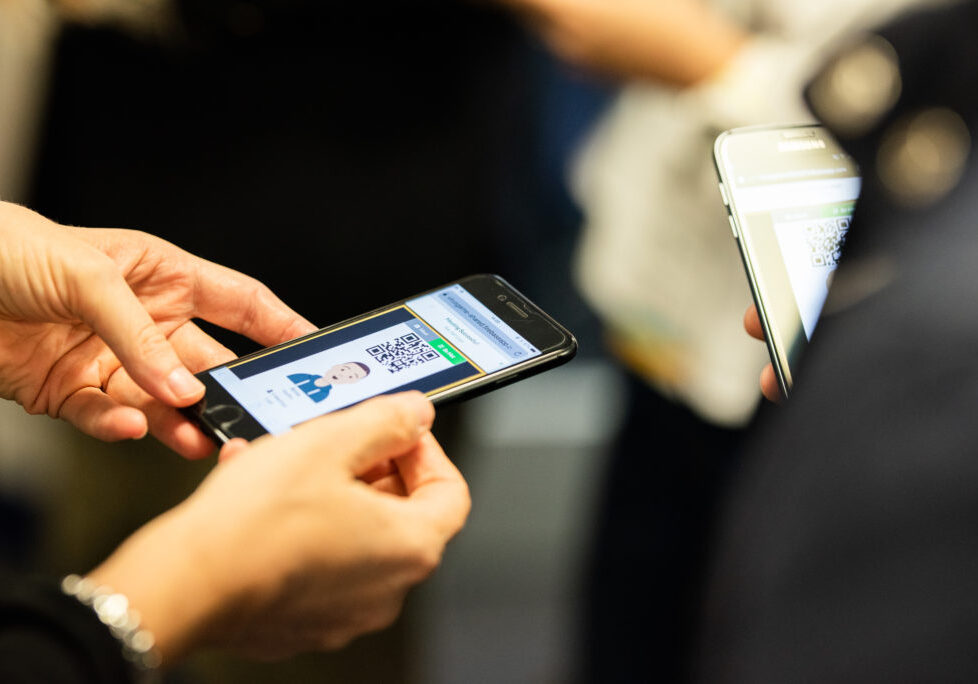
pSims (Participatory Simulations)
The MIT STEP Lab has developed a suite of mobile-device enabled activities called pSims, short for participatory simulations. These pSims leverage mobile devices (e.g., smartphones) to enable participants to engage in active, inquiry-based learning through their interactions with the simulation, and coordination and discussion with one another.
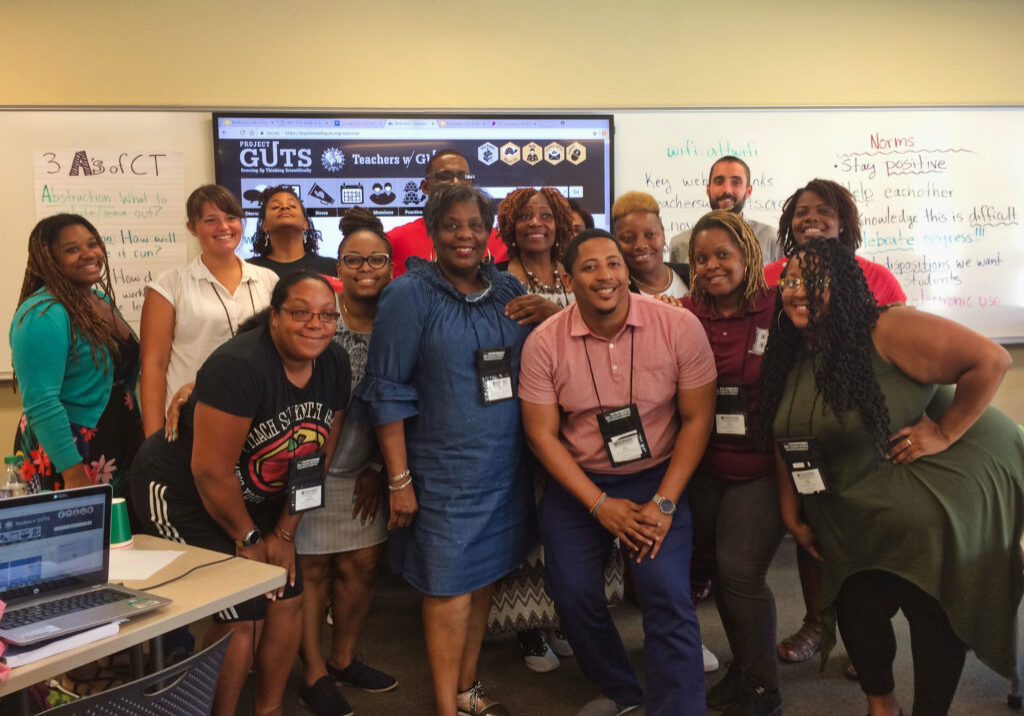
Project GUTS
Project GUTS — Growing Up Thinking Scientifically — is an integrated science and computer science program for middle school students serving schools and districts nationally and internationally. Growing up thinking scientifically means learning to look at the world and to ask questions, developing and using computer models that help answer questions through scientific inquiry, and using critical thinking to assess which models are reasonable and which are not. To grow up thinking scientifically means knowing science to be a computing-rich, dynamic, creative endeavor, a way of thinking, rather than a body of facts.
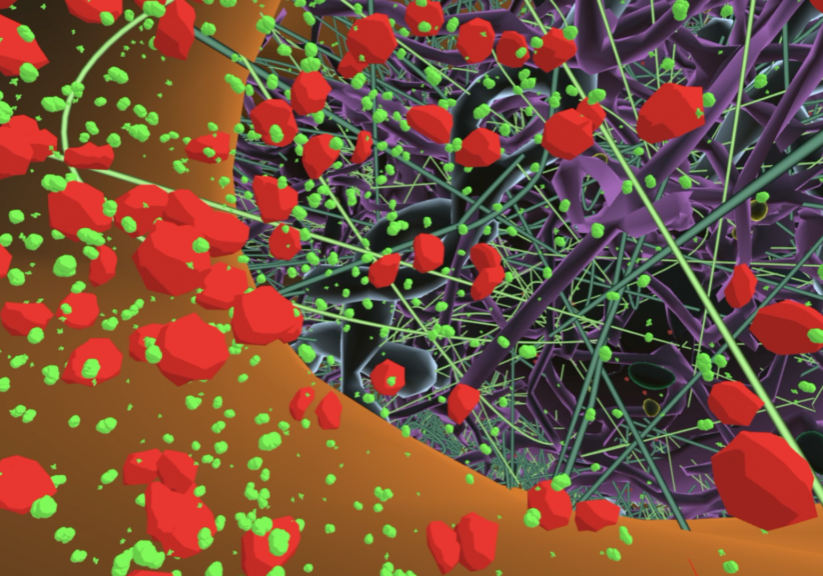
CLEVR: Collaborative Learning Environments in Virtual Reality
The Collaborative Learning Environments in Virtual Reality (CLEVR) project is to create immersive virtual reality learning experiences that can be used in today’s classrooms. CLEVR is a partnership between the Education Arcade and the MIT Game Lab, and is supported by Oculus. We are developing a collaborative educational game using immersive 3DVR to help teams of 9th grade students learn cell biology and the central dogma.
